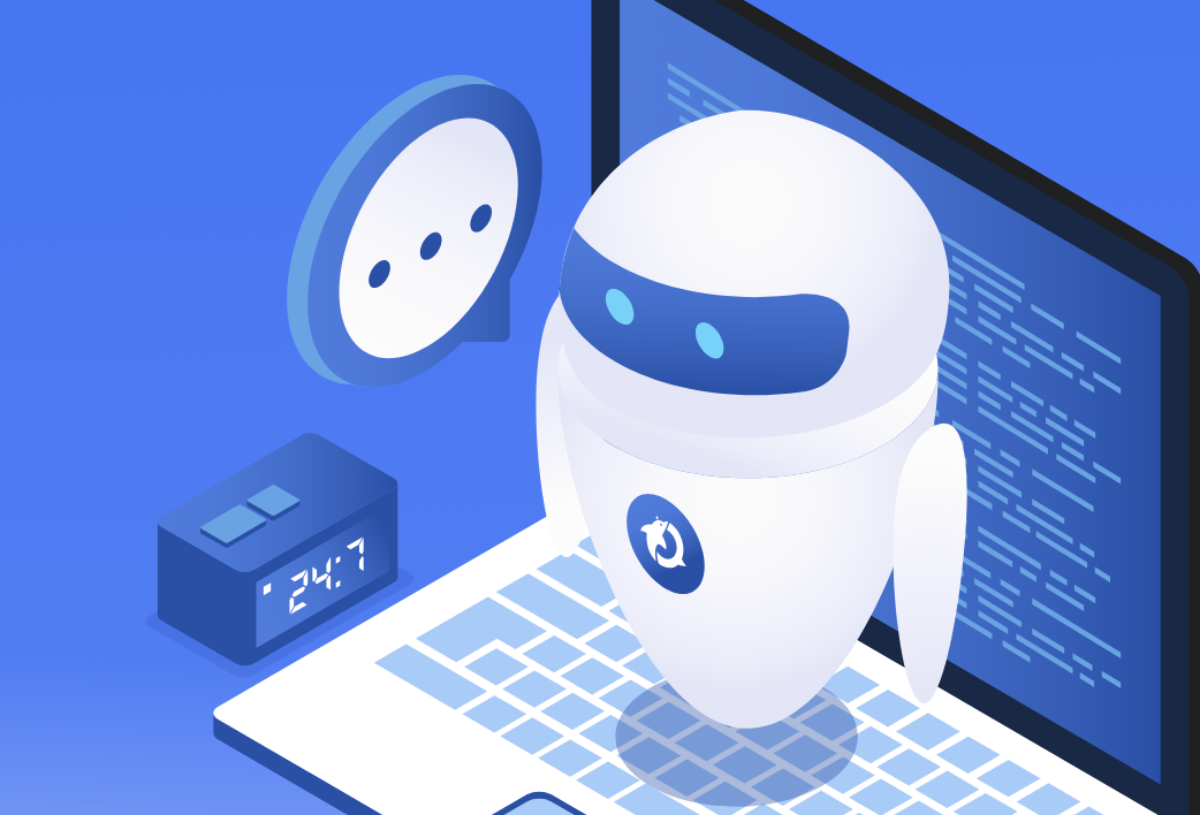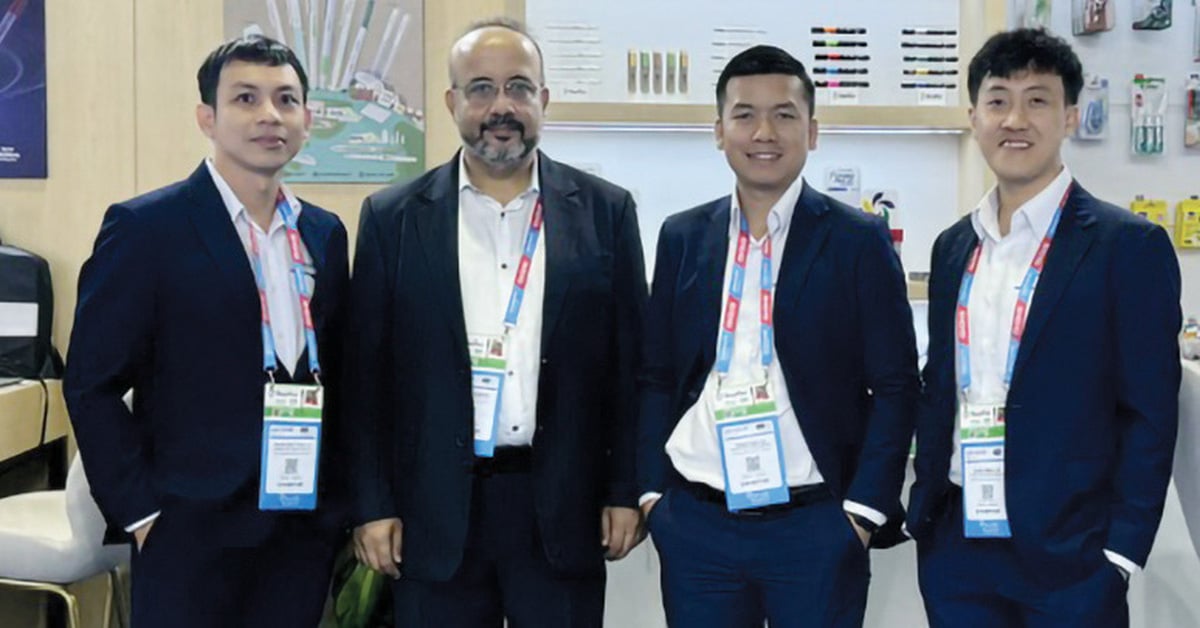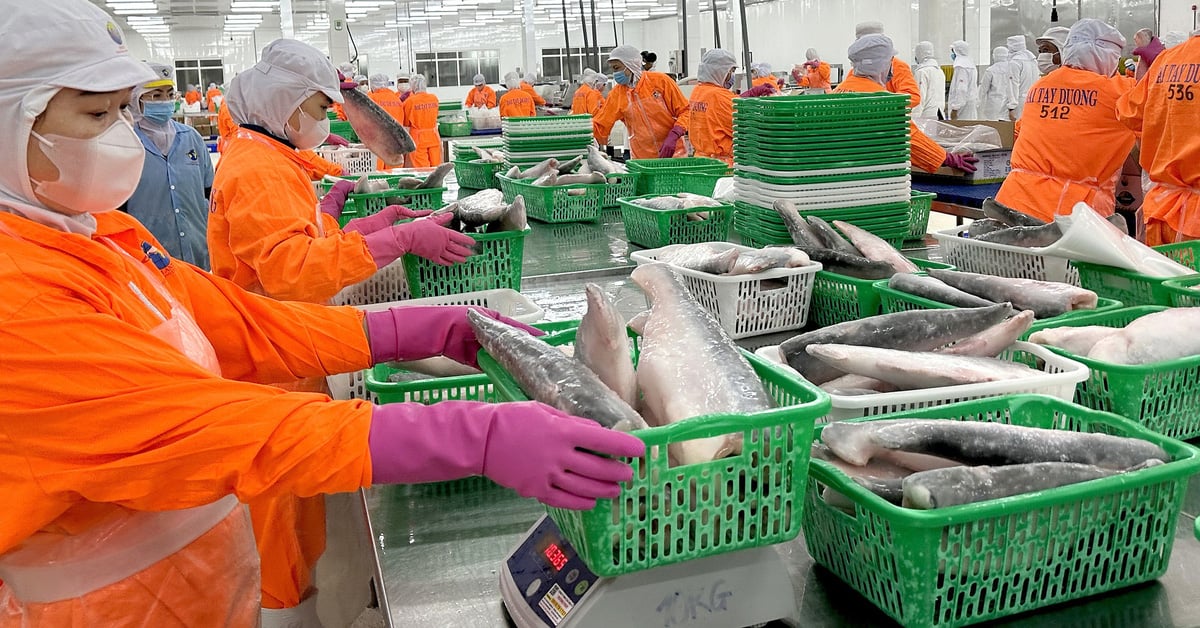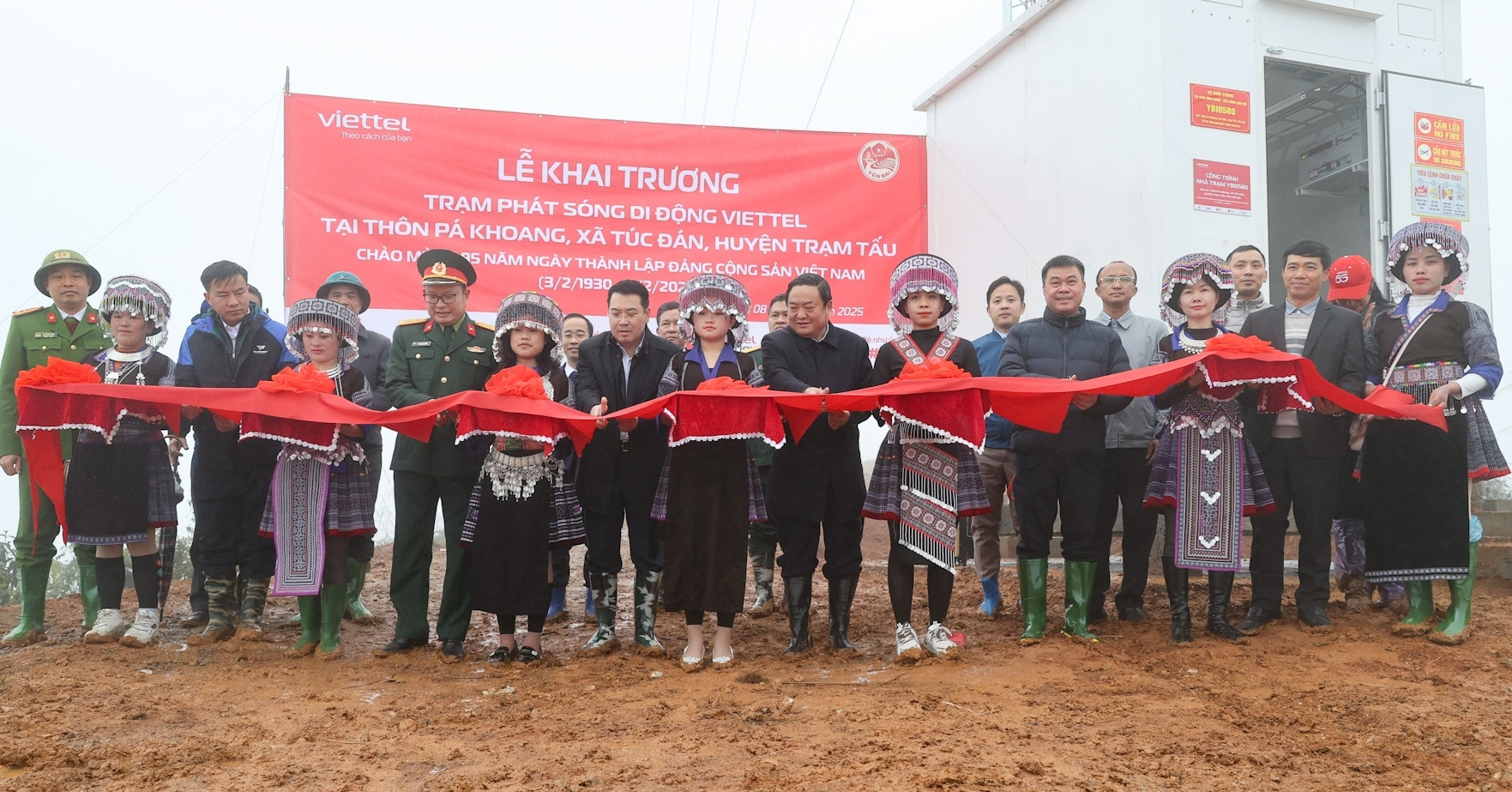Vietnamese businesses struggle to apply AI
After the Covid-19 pandemic, many traditional businesses began to promote multi-channel business on online platforms. At the same time, with the emergence of AI platforms such as ChatGPT, these businesses began to find ways to apply AI to automate work and reduce human labor.
Mr. Nguyen Dinh Hieu, owner of a chain of wine stores in Hanoi, has tried applying many different AI solutions such as encouraging employees to use ChatGPT to write product introduction articles, using MidJourney image generation software to create promotional images, or using the AI feature in Canva software to create short videos. However, after a period of testing, Mr. Hieu had to temporarily abandon this plan because the results were not as expected.

He said that software like ChatGPT, MidJourney... are very powerful, but to apply them to real business problems requires users to have deep expertise. Besides, integrating these applications into the data flow and workflow of the business is not simple.
Not only Mr. Hieu, many other Vietnamese enterprises have also tried to apply AI but have not been successful. Human resource level, lack of data infrastructure, and technology infrastructure are barriers that make AI application in Vietnamese enterprises encounter many difficulties. Without a suitable approach, it is very likely that Vietnamese enterprises will lag behind the world in the race to apply AI to increase productivity.
There is a need for AI platforms specifically for Vietnamese businesses.
In fact, recent breakthroughs in the field of AI such as text generation technology (ChatGPT), image generation (Generative Art), sound generation, etc. still exist as core technology services. To effectively apply these technologies to businesses, there needs to be simple, easy-to-use platforms that are pre-designed to suit the needs and level of Vietnamese businesses.
Many businesses in Vietnam, operating in the technology sector, have begun to develop AI solutions according to the above criteria, including AIV Group's virtual assistant Mindmaid. Since the beginning of 2023, realizing that after the explosion of ChatGPT users, there will be a need to integrate this technology with the business's own data to develop chatbots, automated virtual assistants, the business has started to develop the Mindmaid platform, with the goal of allowing Vietnamese businesses to easily create virtual assistants for sales consulting, customer care, internal procedure Q&A, personal virtual assistants...

After only 6 months of development, the platform has nearly 70 corporate customers and thousands of individuals doing online business. Every day, the platform serves an average of 25,000 automated questions and answers from customers about products, services, and internal regulations on popular website and social networking platforms in Vietnam, with an average response time of only 8-10 seconds, much faster than humans.
According to Mr. Dang Hai Loc, founder of Mindmaid platform, developing an AI platform specifically for Vietnamese businesses is very difficult. On the one hand, AI is a new technology for the whole world, and develops extremely quickly, so the team must both stick to the core technology and be creative in new ways of applying it to the business, because there are not many successful models to follow.
On the other hand, talking about AI means talking about data, while the data planning stage of Vietnamese enterprises is often not good. For example, there are enterprises that have been operating for decades but still do not have a complete set of Q&A data on policies and products. Therefore, although developing an AI application platform, in reality, the team must solve both the process and technology problems of data planning for the enterprise.
Should start with virtual assistants to popularize AI for Vietnamese businesses
Despite many difficulties in the journey of applying AI to Vietnamese businesses, after many experiments, the Mindmaid platform has found a suitable niche in the problem of using virtual assistants to provide sales consulting and automatic customer care via social networking platforms. The number of businesses using the platform has been constantly increasing in recent times, but according to Mr. Dang Hai Loc, the speed of popularizing AI in Vietnamese businesses is still quite slow.
He believes that the applications of AI are very broad, but the most potential is AI virtual assistants for automated customer care. McKinsey even predicts that the replacement rate of customer care personnel in some industries is up to 70%. In the world, virtual assistants are even being tested in public administration, education, travel consulting, purchasing consulting... a lot. That shows that this is a pretty "delicious" application area of AI, but even so, the acceptance rate in Vietnam is still slow.
Mr. Dang Hai Loc said that there are many reasons for this, and it is necessary to frankly admit that Vietnamese enterprises do not actually have many advantages compared to foreign enterprises in applying AI. Therefore, to popularize AI for Vietnamese enterprises, we must not only look at the potential, but also look at the "suitability" story, that is, applying AI must be easy, must be cheap, and most importantly, must be for people. Therefore, starting with a virtual assistant is the easiest thing to do when popularizing AI for Vietnamese enterprises.

Source


































































Comment (0)